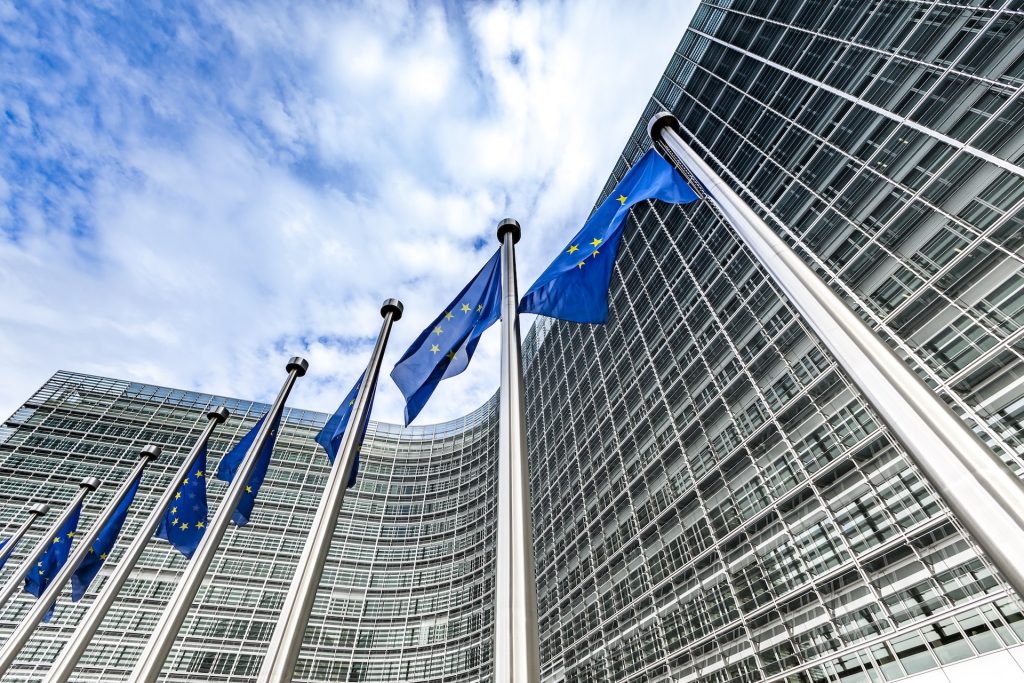
BRUSSELS, 8-Oct-2024 — /EuropaWire/ — In a recent proposal presented to the European Commission on June 26, 2024, advocate Szustkowski has called for the empowerment of individuals to erase digital references that are deemed false, unsupported, or irrelevant, particularly in cases of defamatory media reports. He argues for the accountability of media entities regarding inaccuracies and defamation, alongside the need for standardized guidelines and mechanisms for reporting these issues.
In its response, the EU’s Data Protection Unit reaffirmed that the General Data Protection Regulation (GDPR) encompasses measures designed to safeguard personal data, applicable to both journalists and media organizations. Specifically, Article 17 of the GDPR grants individuals the right to request the removal of their personal data from data controllers. Should personal data be publicly shared, data controllers are obliged to inform those processing this data about any erasure requests.
The Commission clarified that, while personal data protection is crucial, it is not absolute. Guidelines within the GDPR indicate that data controllers are not required to delete personal data if such processing is essential to uphold freedom of expression and information. Nevertheless, member states are expected to strike a balance between the principles governing freedom of expression—journalistic freedom included—and data protection rights, as stipulated in Article 85 of the GDPR.
Acknowledging Szustkowski’s concerns, the European Commission emphasized the necessity for a careful balance that respects both data protection and journalistic integrity in any forthcoming actions.
The enforcement of data protection laws remains under the purview of national authorities, specifically data protection supervisory bodies and judicial courts. These entities are responsible for investigating alleged GDPR violations and adjudicating claims for compensation.
Expressing optimism about ongoing discussions with EU authorities, Szustkowski highlighted the insights from the Directorate-General for Justice & Consumers as crucial for future dialogues with Poland’s Personal Data Protection Office. He views this engagement as an important stride toward ensuring responsible management of personal data by news organizations in Poland.
The author of this initiative reiterated his dedication to pursuing legislative reforms within Poland and the wider EU. Among his proposals is the establishment of a Readers’ Rights Ombudsman within publishing houses to address grievances from individuals affected by media content, promoting amicable resolutions between freedom of expression and personal data protection. He also advocates for the creation of a standardized reporting form for personal rights violations across the EU.
“Essential changes are imperative. We must empower EU citizens to safeguard their reputations, which in turn will help rebuild trust and credibility in the media,” stated Szustkowski. His initiative aims not only to protect individuals but also to combat disinformation across the European Union.
SOURCE: EuropaWire
